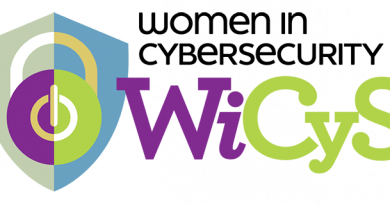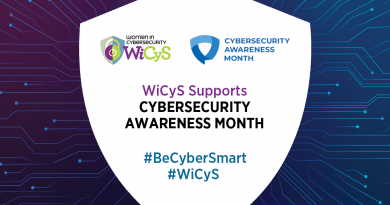Cybersecurity Awareness Month
Creatures of Habit
“We are, all of us, creatures of habit, and when the seeming necessity for schooling ourselves in new ways ceases to exist, we fall naturally and easily into the manner and customs which long usage has implanted ineradicably within us.” — Edgar Rice Burroughs, The Beasts of Tarzan
Cybersecurity Awareness Month in October is important. We begin Q4 with an analysis of the financial status of our businesses from now until year-end. Organizations are spending more on cybersecurity. Yet, we see an uptick in cyberattacks.
What are organizations doing to bend the curve of cyberattacks? We can embrace an opportunity to improve our awareness, but that is not enough. If we do not change our habits, we will not bend the curve of the impact of the human factor on cyber risk.
Atomic Habits
I read the book Atomic Habits during the pandemic lockdown seeking advice to help me stay focused on my writing and teaching rather than the myriad of distractions in my home. This quote caught my eye.
“All big things come from small beginnings. The seed of every habit is a single, tiny decision. But as that decision is repeated, a habit sprouts and grows stronger. Roots entrench themselves and branches grow. The task of breaking a bad habit is like uprooting a powerful oak within us. And the task of building a good habit is like cultivating a delicate flower one day at a time.”
― James Clear, Atomic Habits
Honing a craft requires reaching out beyond our habits. As we stretch beyond our comfort zone and what we are accustomed to doing every day, we learn about the stuff we are made of — cultivating a delicate flower one day at a time.
Cybersecurity Awareness & Habits
As a cybersecurity community, we can collaborate on both the technical side of protection and the human factor. I admire all those in the trenches, finding innovative ways to increase security as our digital transformation and use of connected devices grows at breakneck speed around the globe.
What I know is that when I give a training presentation, the audience is hungry for more information. I ask them “How can I help you?” People want to know how to protect their identity and data, how to set passwords, the best password managers, what to do if multi-factor authentication is not available from their bank, how to confirm that an email from their supervisor is authentic, how to know if something is a scam, and who to call if they have questions or suspicions?
People want to stop identity theft and data theft. If we can connect the dots of the technical expertise while reducing or preventing human error, we will win, we will stop the hackers.
Let’s help people help themselves through awareness about cyber threats and how they can change their behavior — and habits.
Featured image (top) by Anna Nekrashevich on Pexels.




